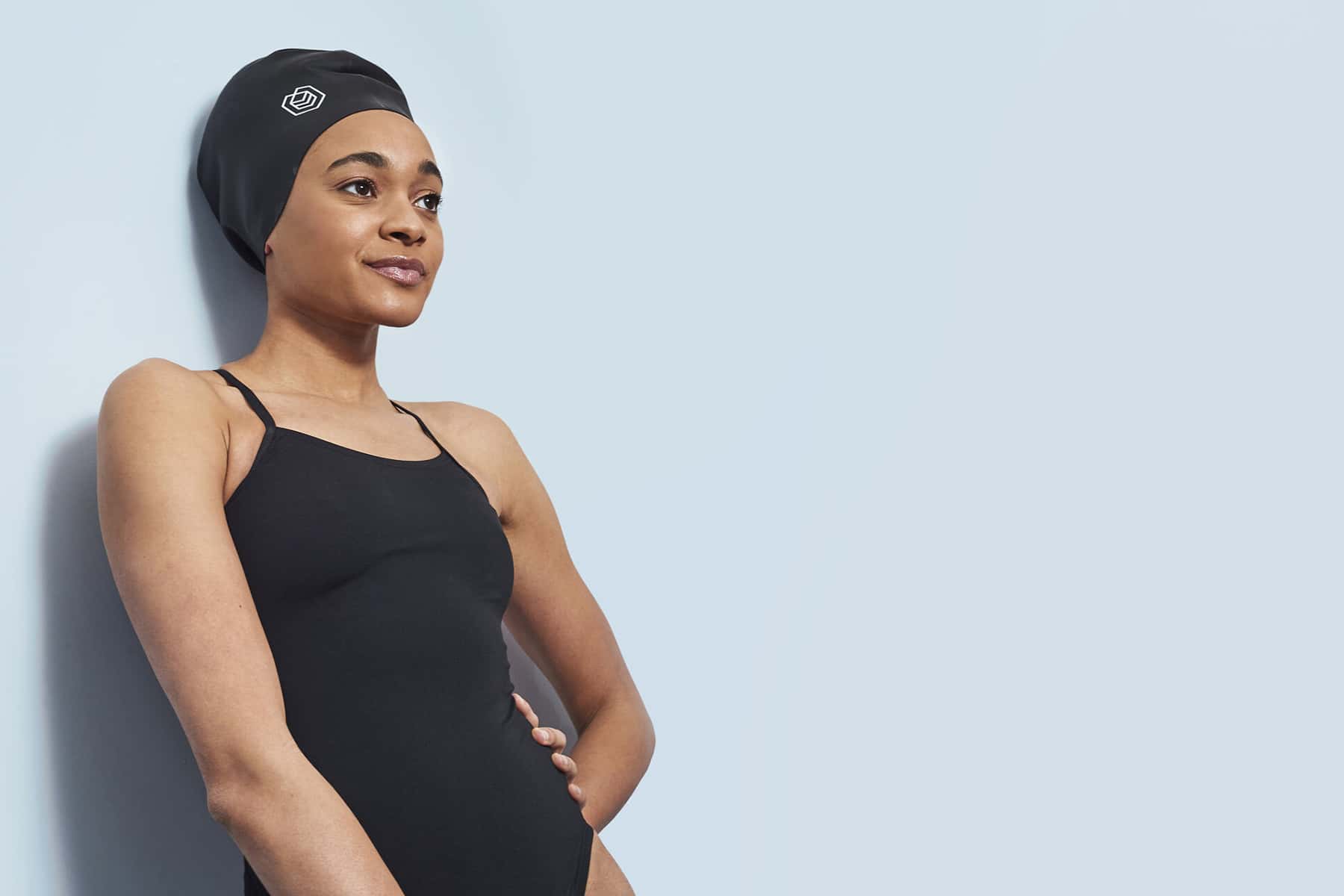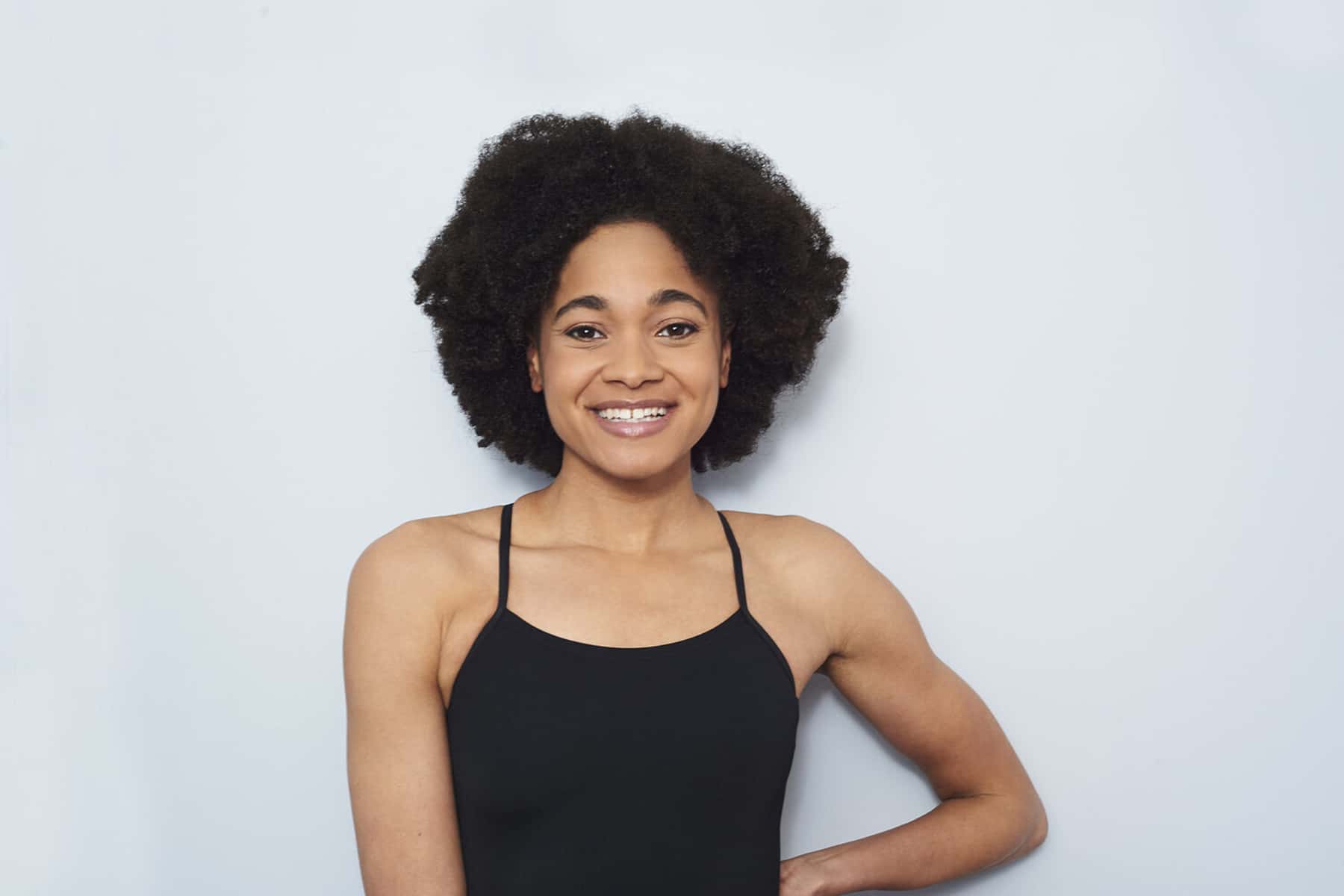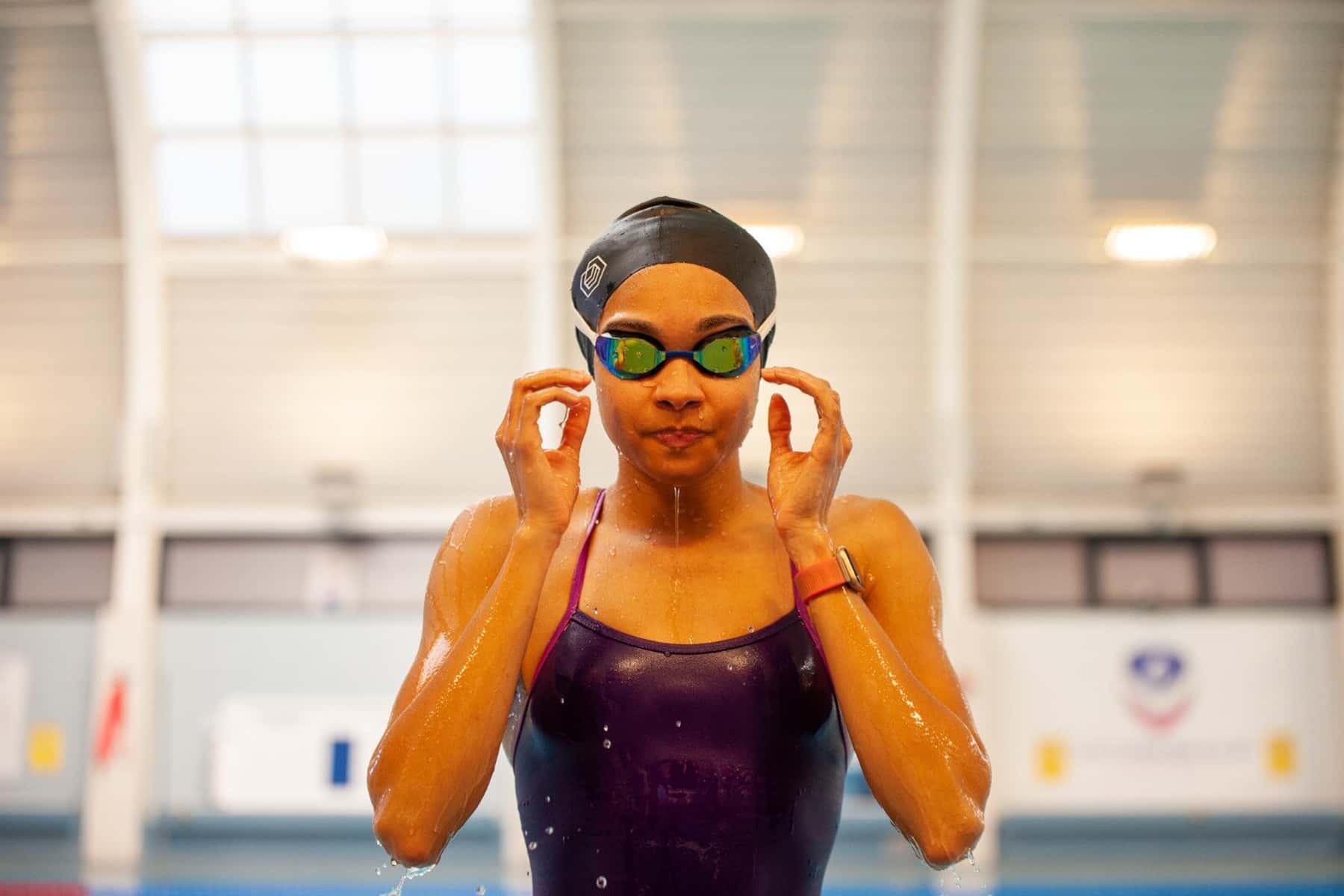
Swimming caps designed for natural black hair created by a black-owned brand will not be allowed at the Olympics.
The hats, made by Soul Cap, which previously partnered with Alice Dearing, who qualified to become the first black female swimmer to represent Team GB at the Olympics, have been rejected by the International Swimming Federation (Fina). The body said the caps did not fit “the natural form of the head” and to their “best knowledge the athletes competing at the international events never used, neither require … caps of such size and configuration.”
Danielle Obe, the founding member of the Black Swimming Association, said the ruling underlined the inherent systemic and institutional inequalities around the sport. “We believe that it confirms a lack of diversity in (the sport). Aquatic swimming must do better.”
The original swimming cap, designed by Speedo 50, was created to prevent Caucasian hair from flowing into the face when swimming. Obe said the caps did not work for afro hair, which “grows up and defies gravity.”
“We need the space and the volume which products like the Soul Caps allow for. Inclusivity is realizing that no one head shape is normal,” said Obe.
While other swim caps for afro hair are available they are difficult to find, which, Obe said, created a sense of exclusion for members of the black and minority ethnic community.
“If I walked into my local health club, gym or leisure centre, could I readily pick up one of these (swim caps for afro hair)? No,” said Obe. “Can I walk into a general retail store like Asda, Tesco or Sports Direct and pick one up? No.”
According to the sport’s governing body, Swim England, only 2% of regular swimmers are black. It found 95% of black adults and 80% of black children in England do not swim. While 79% of Asian adults and 79% of Asian children do not swim, black children are three times more likely to drown than white children.
Obe believes a lack of appropriate products prevents members of the BAME community taking up swimming. “If the (official swimming bodies) are talking about representation, they need to speak to the communities to find out what the barriers are that are preventing us from engaging. Hair is a significant issue for our community.”
In response to Fina’s decision, the founders of Soul Cap – Toks Ahmed and Michael Chapman, released a statement on Instagram highlighting the issues around exclusion and the sport.
“For younger swimmers, feeling included and seeing yourself in a sport at a young age is crucial. Fina’s recent dismissal could discourage many younger athletes from pursuing the sport as they progress through local, county and national competitive swimming. They said they feared swimmers would have to “choose between the sport they love and their hair.”
Prіyа Еlаn
Alice Dearing / Soul Cap
Portions originally published on The Guardian as Swimming caps for natural black hair ruled out of Olympic Games
Help deliver the independent journalism that the world needs, make a contribution of support to The Guardian.















